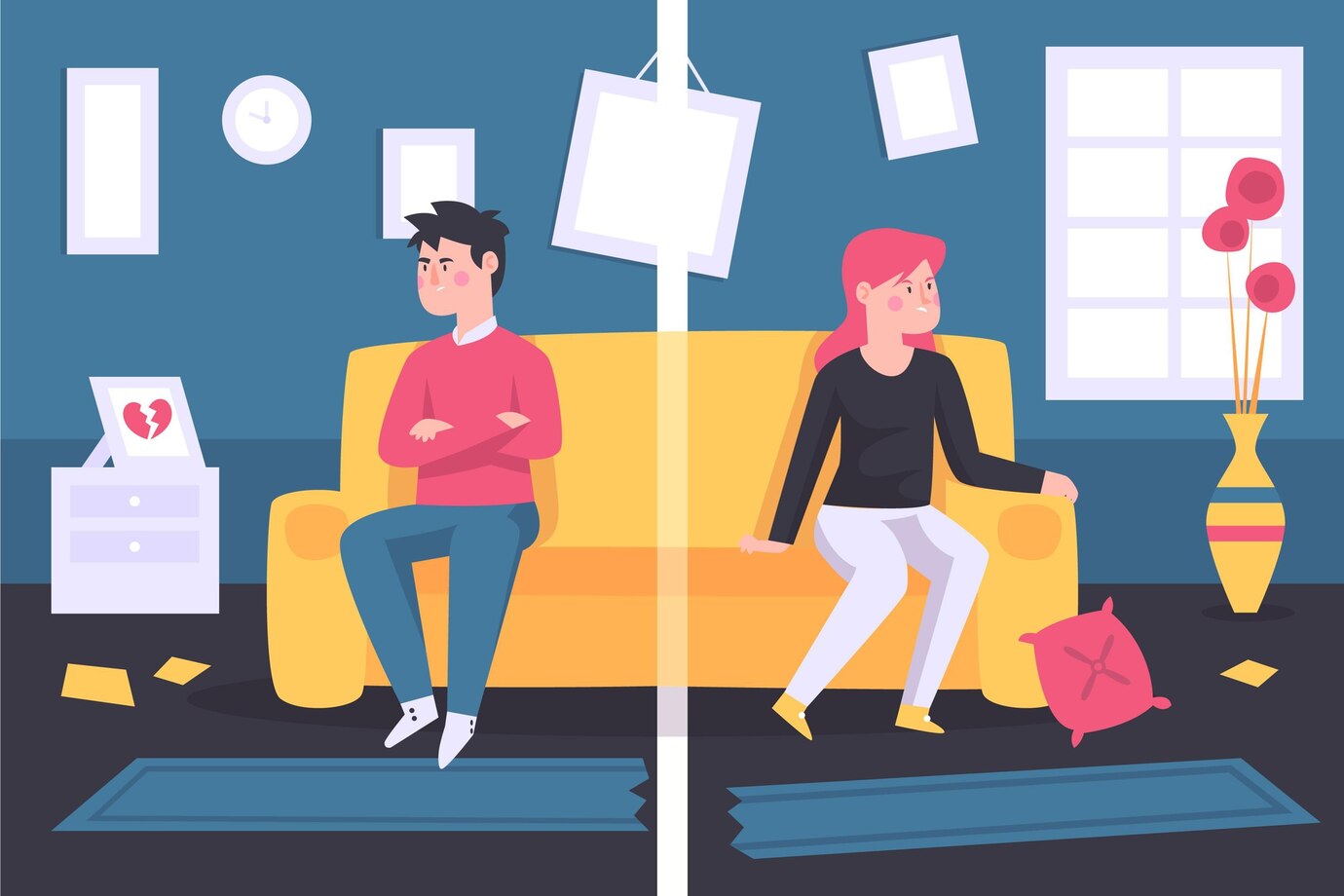
Living Well with Bipolar Disorder: Simple Strategies
Coping with Bipolar Disorder: Effective Strategies for Wellness
Living with bipolar disorder presents unique challenges, but you can manage your symptoms and enhance overall well-being through several practical coping strategies. Here are some helpful approaches:
1. Medication Adherence
Take your prescribed medications consistently and as directed by your healthcare provider. This is crucial for controlling bipolar symptoms and preventing mood swings.
2. Engage in Therapy and Support
Therapy, such as cognitive-behavioral therapy (CBT), and support groups provide effective coping tools. Connecting with others who understand can offer support and encouragement, making it easier to manage the condition.
3. Stress Management
Stress can trigger mood episodes, so practice activities that reduce stress, such as deep breathing, meditation, yoga, or spending time in nature. These can promote relaxation and emotional stability.
4. Maintain a Healthy Lifestyle
Keep a balanced diet, regular exercise routine, and consistent sleep schedule. Avoid alcohol and recreational drugs, as they can worsen bipolar symptoms.
5. Increase Self-awareness
Recognize warning signs of mood changes like shifts in sleep, energy levels, or irritability. Tracking your mood and symptoms can help you anticipate and manage mood swings more effectively.
6. Build a Support System
Surround yourself with supportive friends, family, and healthcare professionals. They can offer assistance when needed. Don’t hesitate to ask for help when you’re struggling.
7. Educate Yourself
Learn more about bipolar disorder and its management. A solid understanding of your condition empowers you to make informed decisions about treatment and advocate for your needs.
8. Stay Hopeful
Despite the challenges of bipolar disorder, remain hopeful and focus on your progress. Celebrate small victories and practice self-compassion as you work toward well-being.
By incorporating these strategies into your daily life, you can manage bipolar disorder more effectively and live a fulfilling life. Stay proactive and reach out to your support network whenever necessary.
To seek medical advice, always consult a Doctor. Here are our recommended experts.
Click here
To read more on Neurological Disorders.



